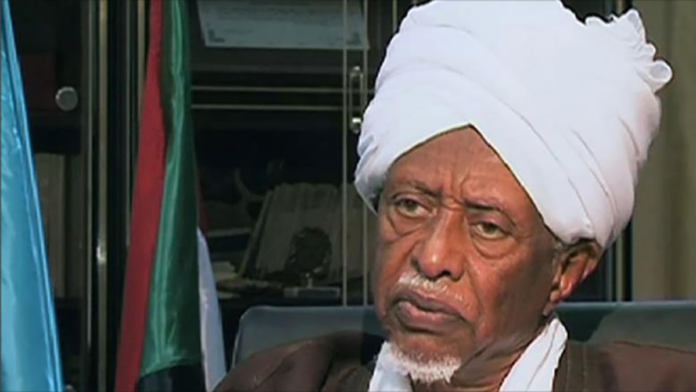Sudan has long been a cradle of intellect, creativity, and political vision. Across the generations, it has given rise to individuals whose contributions have echoed beyond national boundaries, shaping literature, philosophy, medicine, music, and the fight for justice. Their stories reflect a Sudan deeply connected to both its roots and the wider world.
1. Ali Abdel Latif – A Pioneer of National Consciousness
Leader of the 1924 uprising against British colonialism, Ali Abdel Latif championed unity between North and South Sudan. His writings and activism placed Sudan within a broader Pan-Arab and anti-colonial movement.
2. Tayeb Salih – Global Literary Icon
Author of Season of Migration to the North, Tayeb Salih’s fiction explored identity, exile, and colonial legacy. His works are studied worldwide, earning him status as one of the greatest voices in Arabic literature.
3. Dr. Abdullah Al-Tayeb – Guardian of Arabic Language and Culture
A celebrated scholar and Qur’anic commentator, Dr. Al-Tayeb taught across the Arab world and contributed deeply to the study of Arabic language, poetry, and Islamic thought.
4. Prof. Muez Omar Bakhit – Global Medical Innovator
An internationally acclaimed neurosurgeon and medical researcher, Prof. Bakhit’s contributions in neuroscience and medical ethics have earned him recognition across Europe and the Arab world.
5. Mohamed Wardi – Voice of Liberation in Africa
More than a musician, Wardi was a cultural icon whose songs championed resistance, unity, and dignity. His voice became synonymous with African liberation movements.
6. Fatima Ahmed Ibrahim – Champion of Women’s Rights
The first woman elected to any Arab parliament, Fatima was a pioneer in the struggle for women’s rights. Her influence extended through international women’s organizations and UN platforms.
7. Dr. Mansour Khalid – Intellectual Diplomat
A powerful voice in Sudanese political philosophy, Dr. Khalid served as a diplomat and minister. His writings on governance, identity, and Sudan’s future remain vital to regional discourse.
8. Dr. Hassan Al-Turabi – Influential Islamic Political Theorist
A key figure in Islamic political thought, Dr. Al-Turabi’s influence extended across Arab and African nations. His constitutional ideas and legal philosophy have left a lasting intellectual legacy.
9. Idris Muhammad Jamma‘ – Poet of Deep Lyricism and Loss
Though he published only one poetry collection, Idris Jamma‘ is remembered for his emotive, classical Arabic poetry. His verses expressed sorrow, hope, and a profound love for Sudan, earning him a place in academic and cultural memory.
10. Dr. El-Tayeb Mustafa – Media Reformer and Public Intellectual
As a journalist, academic, and media strategist, Dr. El-Tayeb Mustafa transformed Sudanese public media, advocating for press freedom and national sovereignty with bold editorial leadership.
11. Osman Hussein – Architect of Developmental Policy
A notable figure in administrative governance, Osman Hussein has played a key role in public sector reforms and policy planning, influencing institutional efficiency in Sudanese governance.
12. Haifa El Bashir – International Human Rights Advocate
A legal scholar and human rights activist, Haifa El Bashir has represented Sudanese civil society at international forums, advocating for justice and humanitarian law with global partners.
13. Field Marshal Abdel Rahman Suwar Al-Dahab – Statesman of Peaceful Transition
Renowned for voluntarily transferring power to civilian leadership after leading a transitional government in 1985, Suwar Al-Dahab is celebrated regionally and internationally for his commitment to democratic principles and peaceful governance. He later served as President of the Islamic Call Organization, promoting development and humanitarian work across Africa.
These individuals embody Sudan’s potential to inspire far beyond its borders. Their lives serve as enduring proof of how Sudanese voices have shaped, challenged, and enriched the global conversation.




